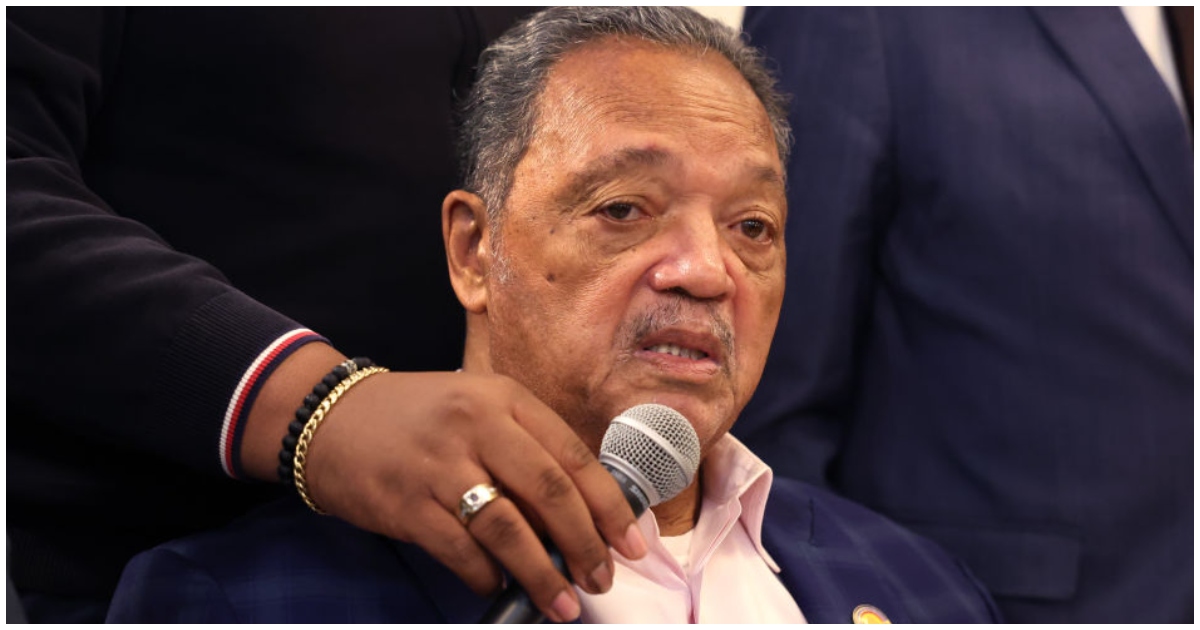Jesse Jackson, a civil rights leader, made history in the 1980s. He became the first African American to seriously contend for the Democratic presidential nomination. His campaigns in 1984 and 1988 broke barriers and inspired many.
Breaking Ground in American Politics
Jackson’s first attempt in 1984 captured the imagination of Black voters. However, his second run in 1988 was a historic breakthrough. He mobilized working people of all races to fight what he called “economic violence” of global capitalism.
His message resonated with many white working-class voters. This was a significant achievement for a Black candidate at the time. Jackson’s campaigns paved the way for future Black politicians in America.
Economic Populism: A Powerful Message
Jackson’s campaign focused on economic justice. He took aim at U.S. corporations that moved American jobs offshore for tax incentives. “Taiwanese and South Koreans are not taking our jobs,” he told audiences. “GE and GM are taking our jobs to Taiwan and South Korea.”
His economic message struck a chord with many. Leonard Shindel, a white steelworker from Baltimore, praised Jackson’s unique approach. He said Jackson called for “a movement against economic violence, like the civil rights movement in the 1960s.”
Unexpected Success in the Primaries
Jackson’s 1988 campaign saw surprising success in early state primaries. He got 26% of the votes in Vermont, including an endorsement from a young Bernie Sanders. On Super Tuesday, he won several southern states, including South Carolina.
The high point of Jackson’s campaign was his decisive victory over Michael Dukakis in Michigan. For a moment, it seemed history was in the making. Jackson criss-crossed Wisconsin, appealing to working-class voters and drawing large crowds.
Connecting with Working-Class America
Throughout his campaign, Jackson showed solidarity with workers across America. He joined auto workers in Flint, meat-packers in Milwaukee, and firefighters in St. Louis. His message of economic justice resonated widely.
In Sheboygan, Wisconsin, Jackson drew a crowd of 1,500 people. Despite the sea of white faces, he received standing ovations. Arthur Fuller, a white Reagan Democrat, vowed to vote for Jackson. He believed Jackson would “think about the small guy.”
Challenges and Legacy
Despite his success, Jackson’s campaign faced challenges in New York. His pro-Palestinian views and economic populism didn’t resonate with some voters. The Democratic Party establishment also showed resistance to his candidacy.
Nevertheless, Jackson’s quest to become the first Black president left a lasting impact. He proved that white working-class voters would respond to the right economic message from a Black candidate. This paved the way for future successes, including Barack Obama’s victories in Rust Belt states.





